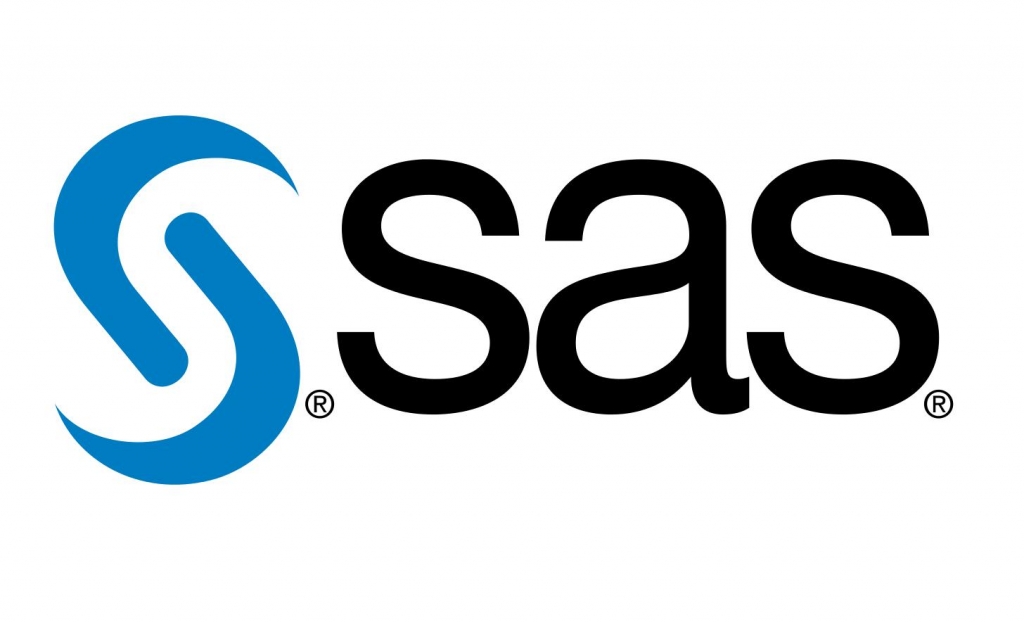
SAS trains Saudi Bankers on Building Intelligent Credit Risk Scorecards
SAS, the leader in analytics, has successfully hosted a “Credit Scorecard Development and Implementation” in-person class in Riyadh, highlighting the significance of cultivating a risk-aware culture in Saudi Arabia’s banking industry. The session was held on January 31st and February 1st, 2024, at the Hilton Riyadh Hotel & Residences.
A thriving financial sector is recognized as an essential facilitator in the realization of the ambitious goals outlined in the Saudi Vision 2030. As per the projections of the Financial Sector Development Program, the sector is anticipated to reach a large enough size by 2030 to fund large-scale projects, offer a diverse set of traditional and innovative products and services, give previously excluded citizens access to the financial system through an inclusive structure, achieve a high degree of digitization, and uphold financial stability. However, with the constantly evolving Saudi Arabian financial landscape, the credit risk that financial institutions take on has changed in terms of scale, complexity, and nature. Thus, robust credit risk management has to be an integral component of the long-term viability of any financial institution.
No matter how a financial institution prioritizes risk, SAS has proven methodologies and best practices to help establish a risk-aware culture, optimize capital and liquidity, and meet regulatory demands. Bringing credit risk and scoring managers, data miners, professionals involved in model vetting, validation and auditing, risk strategy developers, and credit risk executives under one roof, SAS provided participants with an in-depth training session to enable risk modelers to build intelligent scorecards.
Remarking on the event Bader Bahaian, Country Manager, KSA at SAS, stated: “Saudi Arabia needs a strong, dynamic, and stable financial sector to drive economic growth and diversification across the Kingdom. In order to stay ahead of the curve, banks must become AI-driven, hyperintelligent organizations capable of meeting evolving risk and compliance mandates. Without a doubt, credit scorecard development holds substantial value, and SAS offers a faster, more flexible, and cheaper solution than any outsourcing alternative.”
The class’s trainer, Naeem Siddiqi, senior advisor in the Risk Research and Quantitative division at SAS and the author of Credit Risk Scorecards (2005) and Intelligent Credit Scoring (2017), said: “This course covered material for financial institutions seeking to quickly develop, validate, deploy, and track credit scorecards in-house while minimizing model risk and improving governance. Ultimately, models and analytics enable leaders in the banking industry to make data-driven credit decisions to reduce losses and recognize opportunities.”
"With alternative Big Data and complex algorithms at our disposal, it’s even more critical for analysts to understand data and learn to add intelligence to the modeling process. Saudi modelers can definitely build better models than any outsourced option as they know the local market, conditions and of course, the story behind the data, Mr Siddiqi added.
Through strategic acquisitions and continuous investments, SAS has created a cutting-edge suite of integrated risk solutions that cater to every aspect of the financial services industry, effectively assisting organizations to overcome major challenges and outpace tomorrow. SAS Risk Modeling empowers banks to perform application and behavior scoring for an extensive range of lending products, spanning commercial loans, credit cards, installment loans, and mortgages.



























